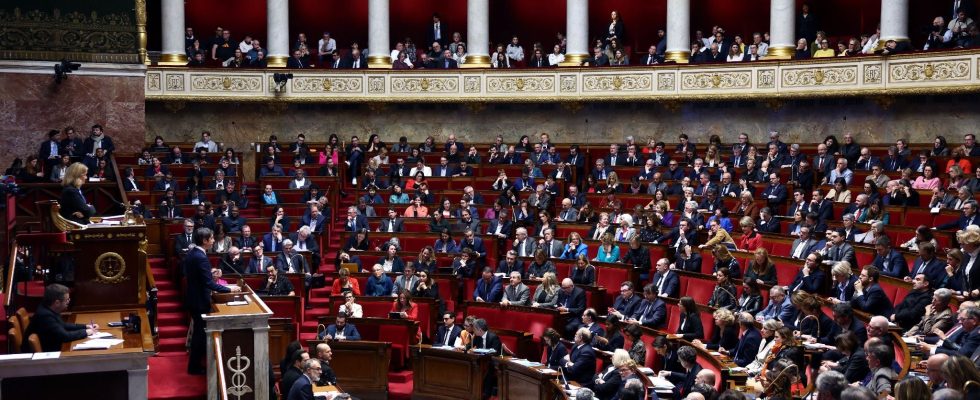The fashion is for sovereignty. We no longer stop wanting to “find” it, to announce its return, to hope for its wonders. Obviously, we want to believe in the magic of power, in the power of “politics”. We dream of ourselves free from constraints, masters of our destiny. The sirens of radicalism sing in our ears the end of alienation, the triumph of common sense. Scapegoats arise. At this rate, it will soon be impossible to sketch a nuance, to admit a doubt, to whisper “at the same time”…
It should, however. Take the food issue, for example. Even reduced to its simplest expression, it involves tackling at least six problems at once: farmers’ income, the degree of national self-sufficiency, environmental protection, the level of consumer prices, the unemployment rate, people’s health. All essential. How can we not sacrifice any of them? Starting by admitting that it’s not easy, and that no one will get there by choosing a side. Basically, we know it by thinking about it for three seconds: the poor consumer must be able to eat at a reasonably low price without having to eat anything; the poor farmer must be able to produce at a reasonably high price without having to commit suicide; mass distribution must be able to continue to employ hundreds of thousands of low-skilled workers; the “rich” and large companies intertwined in the value chain must not be sacrificed because they carry a good part of national growth and competitiveness… In short, the principle preference for one or the other is, at your choice, an impasse or a lie. The truth is elsewhere: where we do not refuse to look this complexity in the face and where we resolve to think that the State cannot do everything it wants.
Let us return, regarding the omnipotence of the State, to one of the pieces of sovereignist bravery of the moment – the LR constitutional revision proposal aimed at allowing Parliament to free itself from our international and European commitments by a simple vote for the law by reinforced majority – and let us ask ourselves, to change the usual prism of criticism, if the idea is financially tenable.
Nothing is worse in economics than losing credit
According to official forecasts, our country will borrow 285 billion on the financial markets this year. Barely less than the cumulative amount of tax revenue expected for the same period. This is only sustainable – if at all – if interest rates are extremely low. However, they only remain so to the strict extent that France continues to inspire confidence in said markets. The Greek, Spanish or Argentinian examples are there to show us what happens in the opposite case. From there, we must ask ourselves what investors, private and public, from around the world would think of a France which would allow itself to no longer respect its legal commitments whenever it pleases; of a France which would give itself the constitutional horizon of being able to betray its word when it sees it in its interest, even though it carries a debt of 3,000 billion Euros and has placed its life in the hands of its creditors… an idea would be funny if it were not tragic: a State which, having put itself in a position to fail, would admire itself superb in its sovereignty, ruined, all alone on its islet…
Creed, creed. Trust, faith. Same etymologies. Same objects. Same problems. All this is given but all this is taken back from those who do not prove themselves worthy, especially when they no longer play according to the rules of the game. Nothing is worse in economics than the loss of credit. It is a matter of calculation as much as morality. No one, ever, should play with these kinds of matches.
In the rising demagogic mist, the necessary words are erased: interdependence, complexity, prudence, reason, uncertainty, versatility, hesitation, dosage, truth… We are promised the empire of the simple and the sharp. It doesn’t work anywhere. It destroys everywhere.
.
